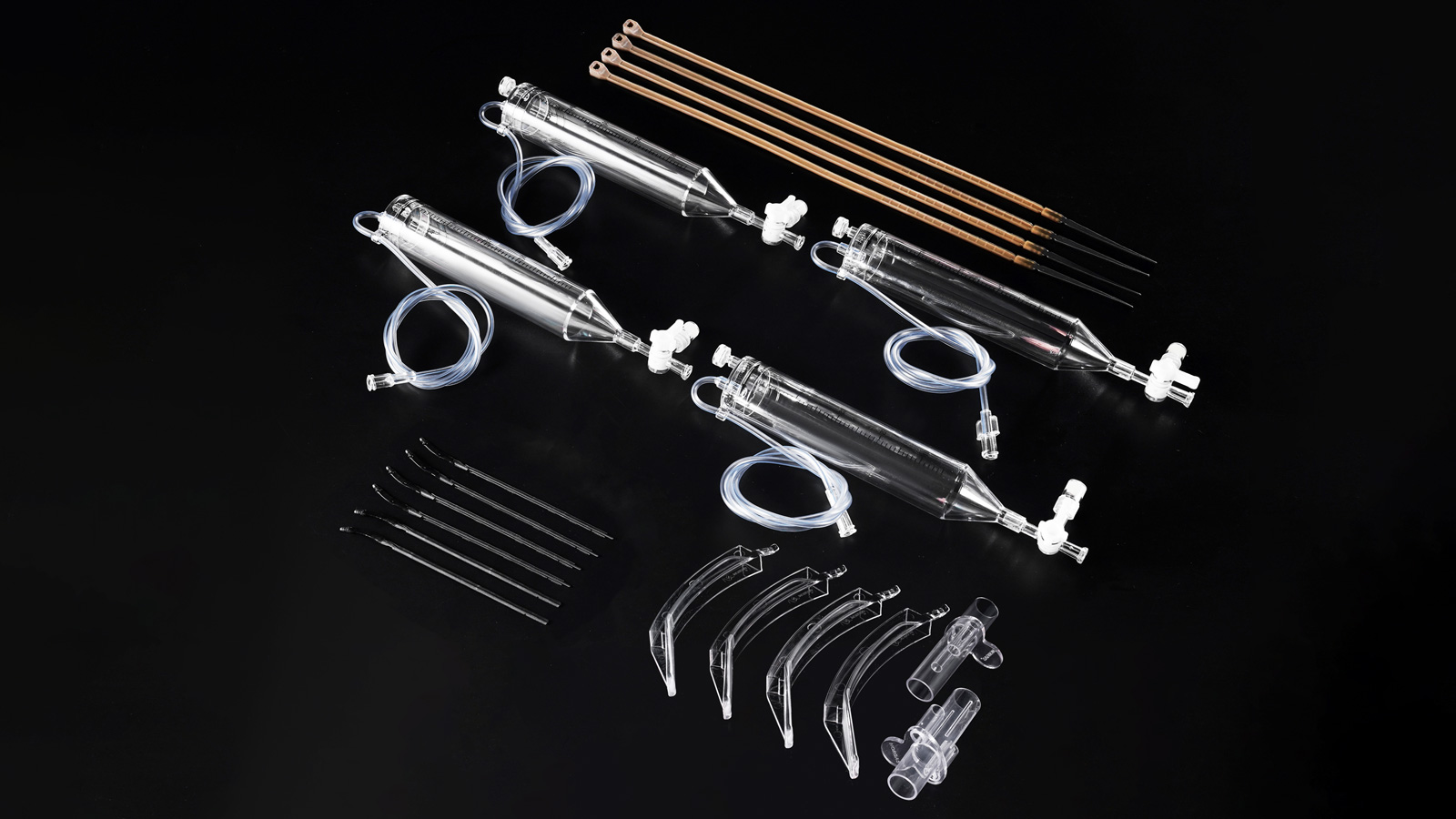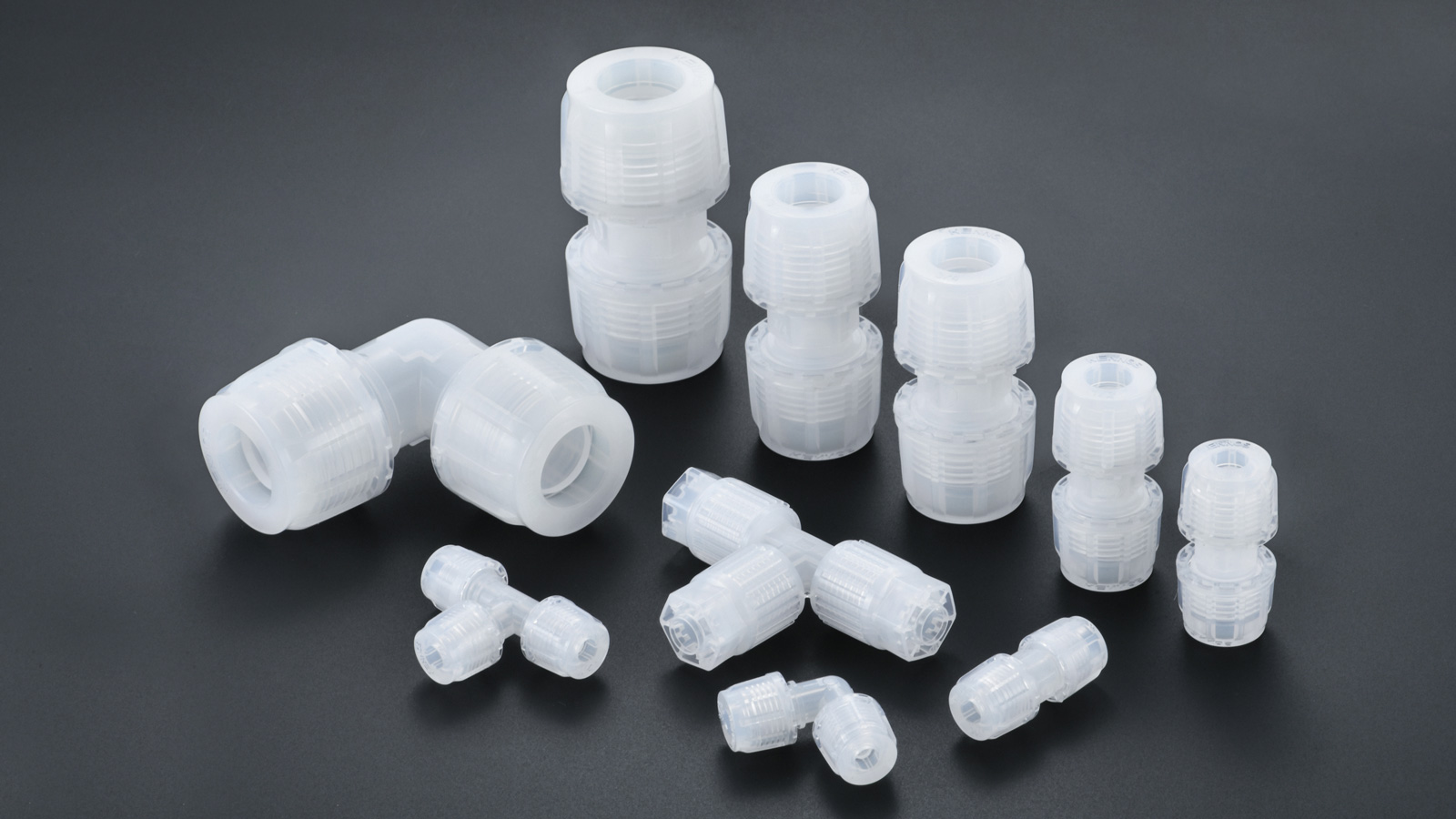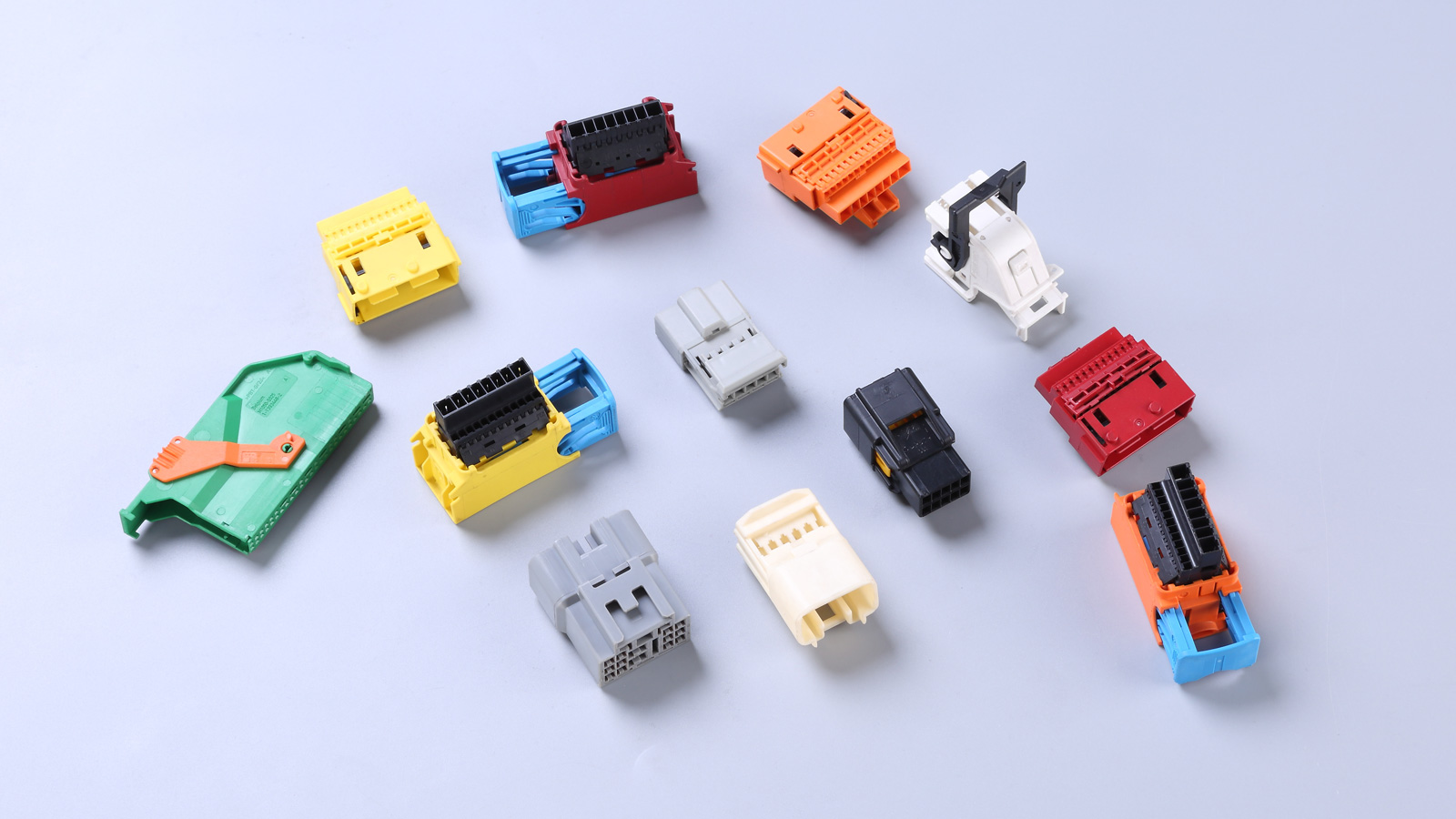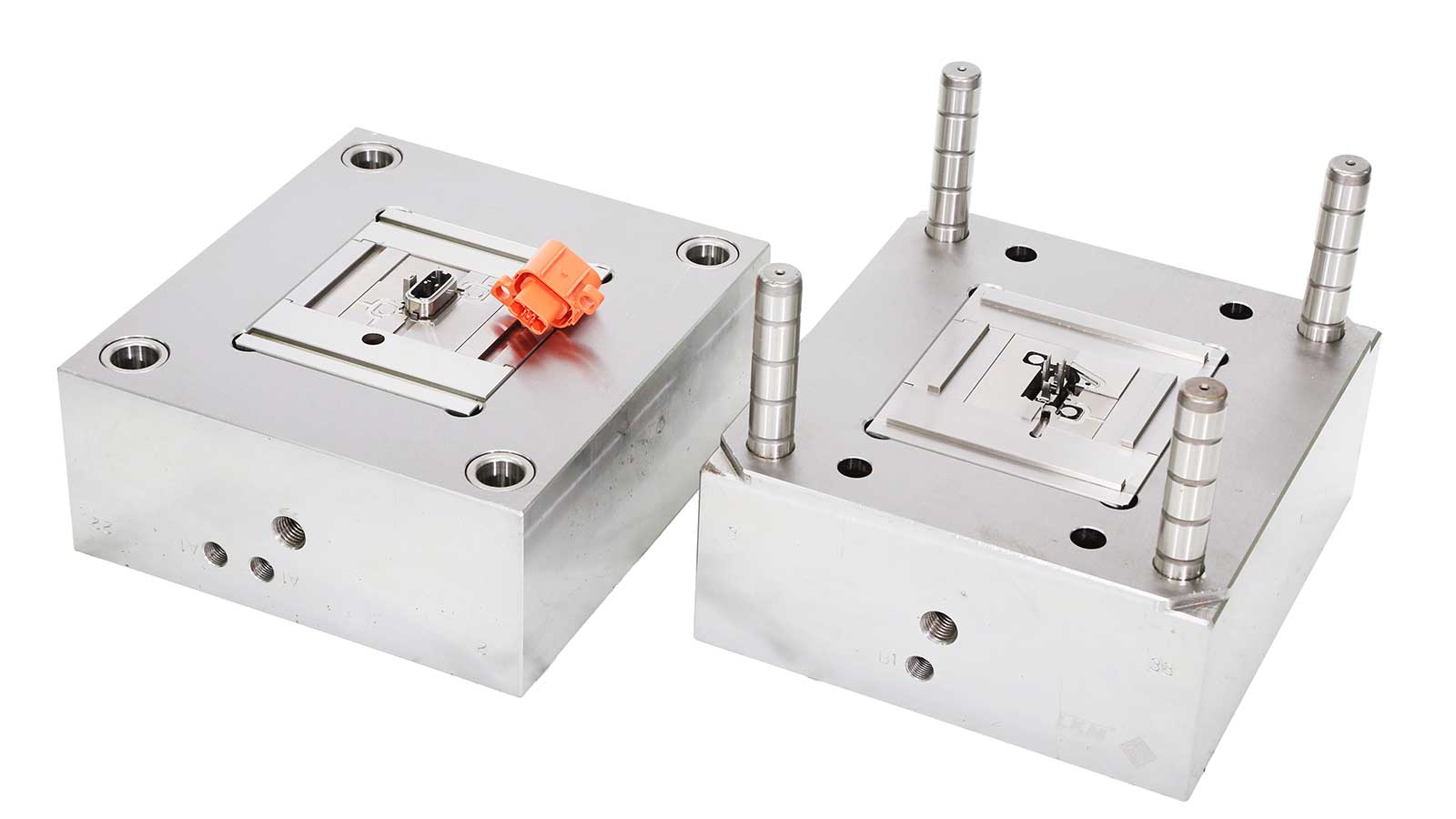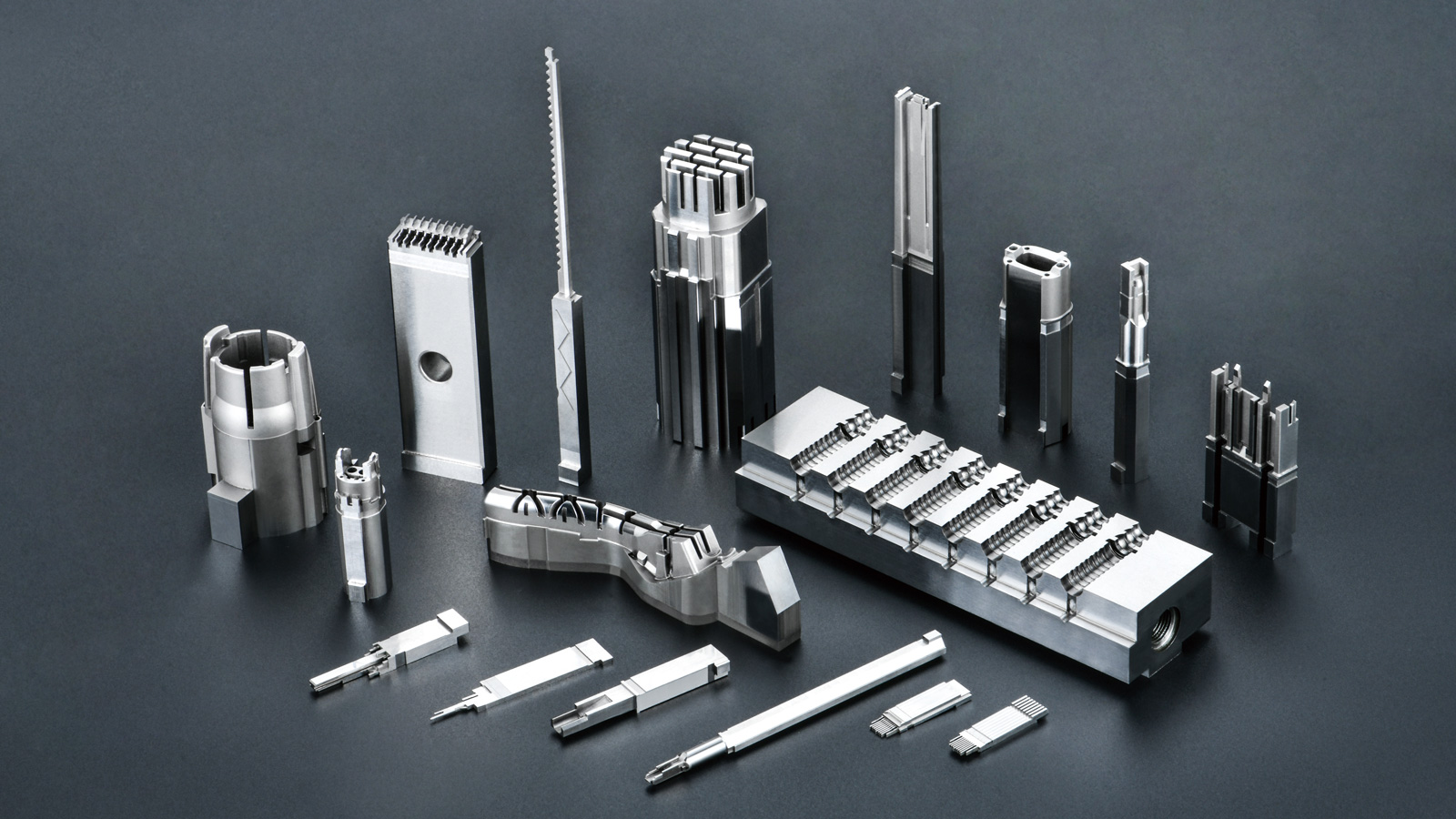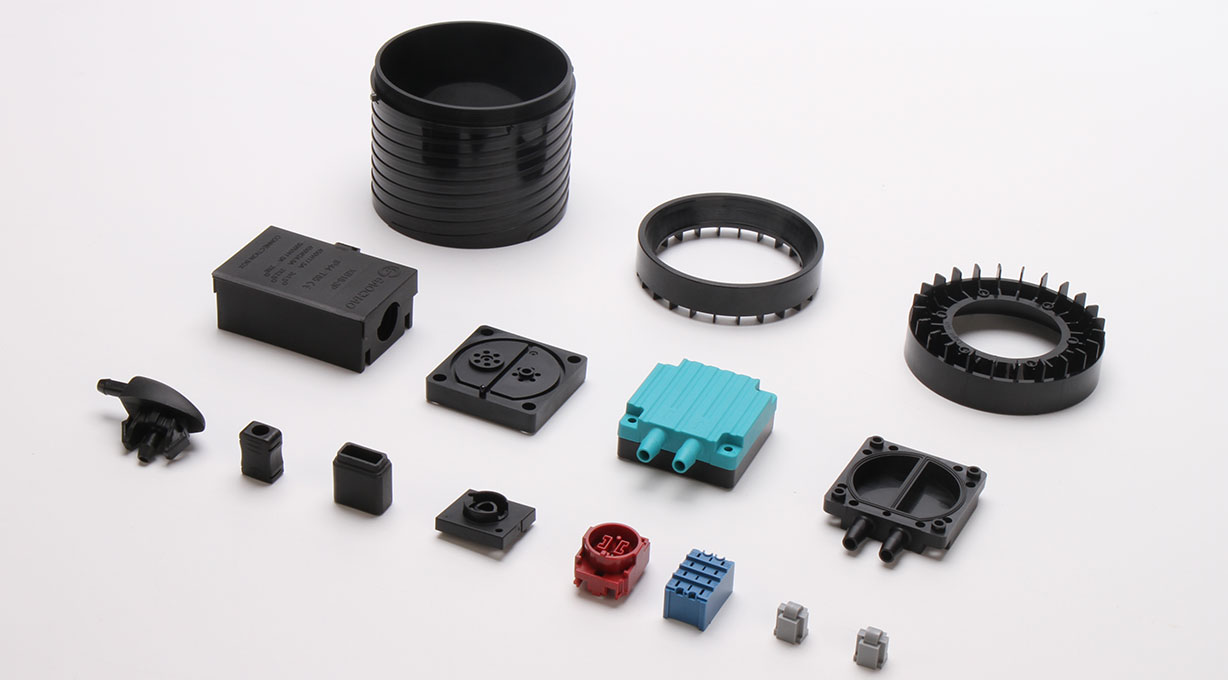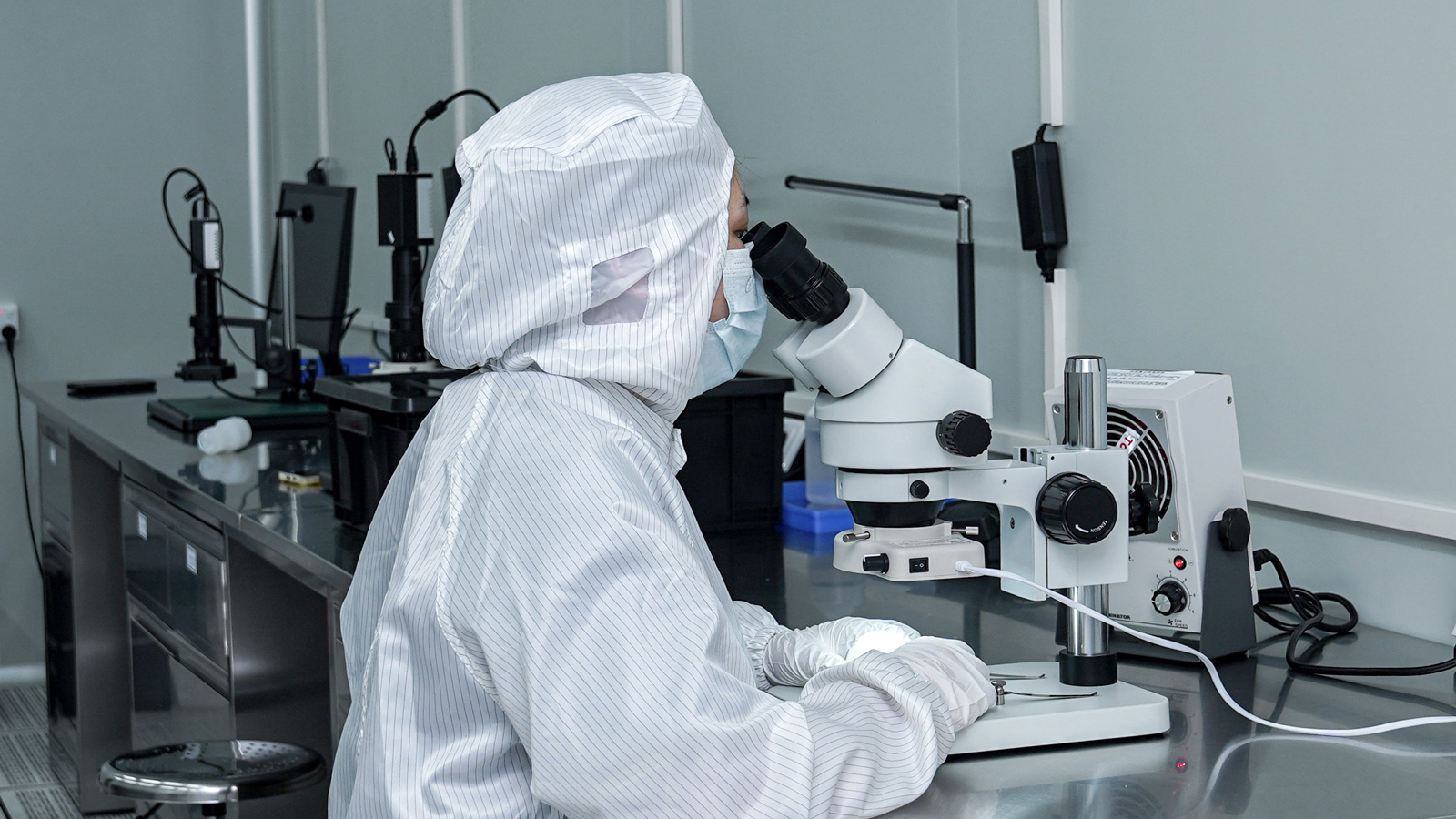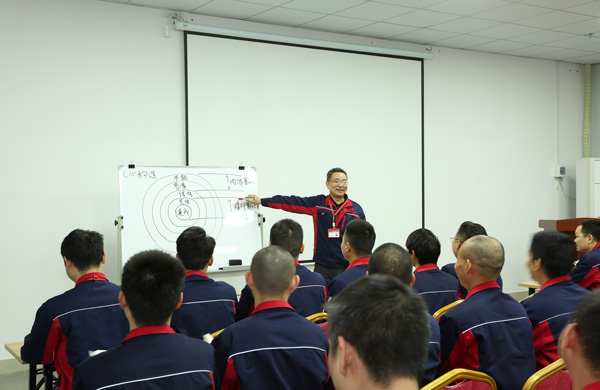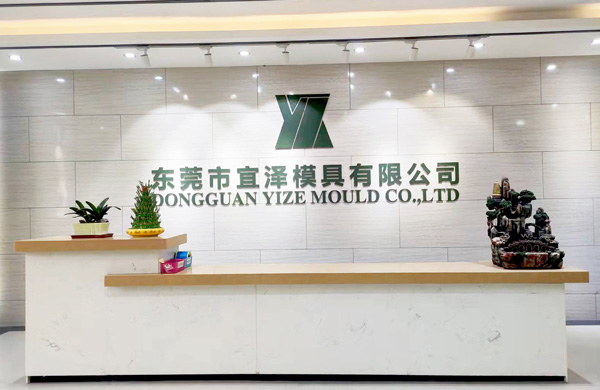In today’s era of rapid technological development and continuous industrial innovation, the plastic industry is like a shining new star, radiating dazzling brilliance. With the vigorous rise of the plastic industry, plastic products, with their unique advantages such as being lightweight, durable, and low-cost, have rapidly infiltrated into various industries like a spring breeze, becoming indispensable key elements in many fields. At the same time, gears, which are special and critical components, are also undergoing a profound transformation—plastics is gradually replacing them. This transformation is not accidental but rather the inevitable result of plastic gears standing out in market competition due to a series of significant advantages. Compared with traditional metal gears, plastic gears have the following superiorities:
Lightweight for Weight Reduction, Initiating a New Chapter of Efficiency
One of the most intuitive advantages of plastic is their lightweight nature. Compared with metal gears, their weight is significantly reduced. This characteristic has immeasurable value in many fields that are sensitive to weight. Take the aerospace field as an example. Every gram of weight reduction means a decrease in fuel consumption, an improvement in flight performance, and an increase in payload capacity. The application of plastic gears is like removing a heavy burden from the aircraft, enabling it to soar more lightly and efficiently in the blue sky. In the automotive manufacturing industry, reducing vehicle weight is a crucial measure to enhance fuel economy and lower emissions. The use of plastic gears helps to reduce the overall weight of the vehicle, thereby reducing energy consumption and contributing to environmentally friendly travel.

Adequate Strength to Meet Transmission Requirements
Some may question whether the strength of plastics can be sufficient for the transmission tasks of gears. In fact, with the continuous progress of material science, the strength of modern plastic gears has reached an astonishing level and can fully meet the transmission requirements of some gears. By carefully selecting appropriate plastic materials and using advanced injection molding processes, high-strength and high-hardness plastic gears can be manufactured. These gears operate stably in various mechanical equipment, accurately transmitting power and motion to ensure the normal operation of the equipment. In fields such as small household appliances and office equipment, plastic gears have become ideal alternatives to metal gears due to their reliable strength, providing strong support for the lightweight and miniaturized design of products.
Excellent Toughness for Significant Noise Reduction
Noise pollution is a vexing problem in modern life, and the emergence of plastic gears provides an effective way to solve this problem. Plastic gears have good toughness. During operation, they can absorb and disperse vibration energy, reducing collisions and friction between gears and thus significantly lowering the noise level. Compared with the harsh sounds produced by metal gears during operation, the noise generated by plastic gears during operation is softer and lower, creating a quieter and more comfortable working and living environment for people. In fields such as audio equipment and precision instruments, where noise control requirements are extremely high, the excellent toughness of plastic gears makes them the first choice, playing an important role in improving product quality and user experience.
Low Cost with Prominent Economic Advantages
In today’s increasingly competitive market, cost control is a key factor for the survival and development of enterprises. Plastic gears have a unique advantage in this regard, as their production cost is much lower than that of metal gears. The price of plastic raw materials is relatively low, and the injection molding process has the characteristics of high production efficiency, short production cycle, and high degree of automation, which can significantly reduce production costs. In addition, the processing process of plastic gears is simpler and does not require complex metal processing equipment and processes, further reducing energy consumption and labor costs during production. For enterprises, choosing plastic gears can not only reduce product costs and improve market competitiveness but also bring considerable economic benefits to the enterprise.
The wide application of injection molding technology in the field of plastic gears is an important milestone in the development of the plastic industry. It has not only brought brand-new concepts and methods to the design and manufacturing of gears but also injected new vitality into the development of various industries. With continuous technological innovation and progress, it is believed that plastic gears will demonstrate their unique charm and huge potential in more fields, leading the mechanical parts industry towards a more lightweight, efficient, and environmentally friendly new era.
